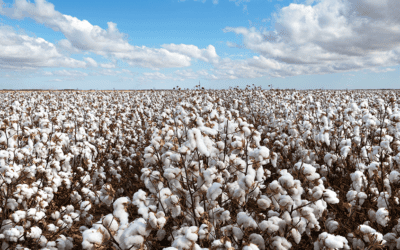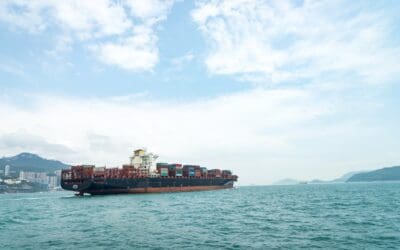As human rights due diligence legislation evolves globally, companies are expected to up their game and do more to identify, understand, remediate, and report on their supply chains. For years...
How SupplyShift Can Help You With the German Supply Chain Act
SupplyShift has recently updated and relaunched our Human Rights Compliance Assessment to ensure alignment with the German Supply Chain Due Diligence Act. Companies can use this assessment to...
Complying with the UFLPA: How to Detect Forced Labor in Your Supply Chain
UYGHUR FORCED LABOR PREVENTION ACT (JUNE 21st UPDATE) The U.S. government has taken steps to codify guidance that provides more clarity to companies on how to comply with the Uyghur Forced Labor...
Addressing Labor Issues in the Supply Chain
The concept of forced labor is not new. It’s been newsworthy since at least the mid-’90s when reports of sweatshops in apparel became commonplace. Forced labor in industries such as agriculture and...
Forced Labor in Cotton Supply Chains ─ Key Takeaways From Our Webinar
On April 21st, our webinar on forced labor in cotton supply chains brought together leaders from Responsible Sourcing Network and Fashion for Good to explore how industry-wide tools and supply chain...
Worker Insights to Drive Action: How to Operationalize Worker Voice Using Technology
Guidelines to consider when incorporating worker voice tech into your supply chain program.
When Worker Voice is Next on the Agenda
What steps can you take to encourage a culture of open dialogue and worker well-being within your supply chain?
When Worker Voice is Only a Whisper
To engage with the most vulnerable in your supply chain, start by evolving your company's culture. There are a number of organizations doing great work to uncover slavery and engage workers within...
How Businesses Can Address Modern Slavery in Supply Chains
In 2015, the UK became the first major world economic power to pass legislation targeting modern slavery. The UK Modern Slavery Act requires companies with revenues greater than £36 million to issue...









